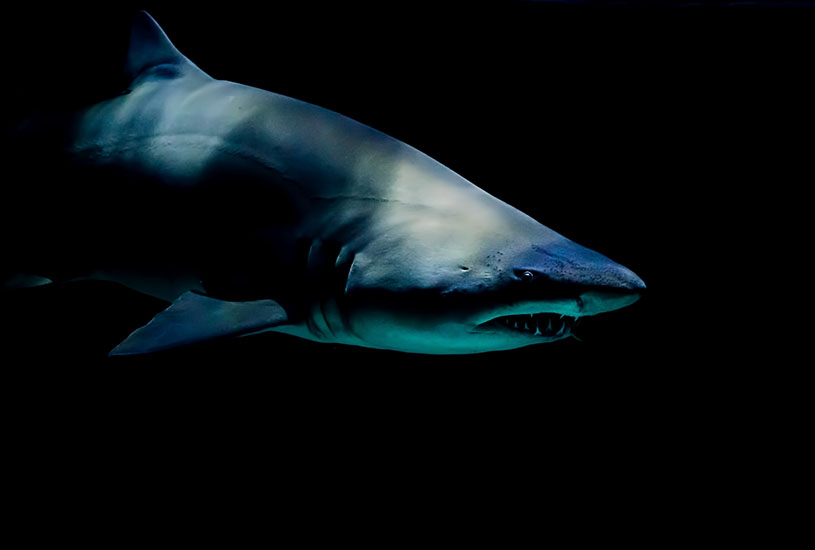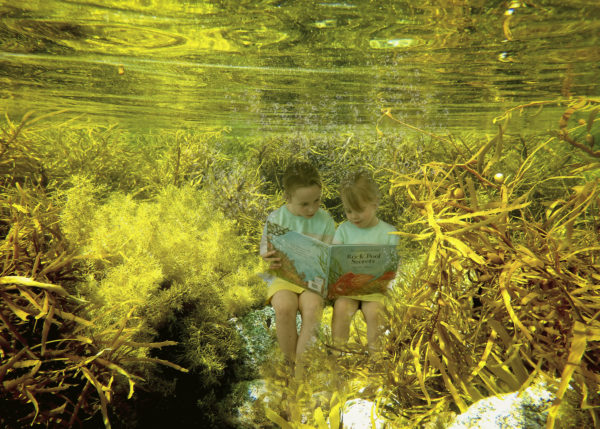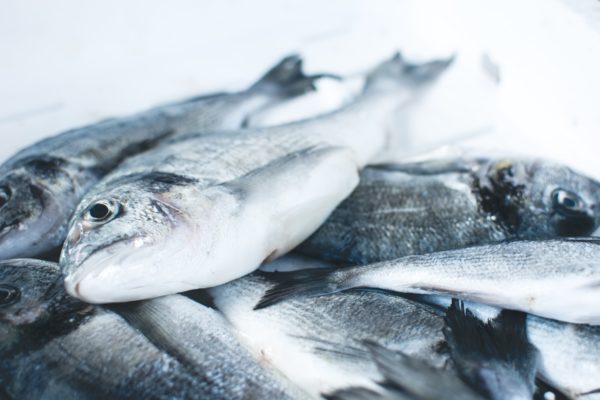Being attacked by a shark is a very rare event and, despite the media hype, shark numbers are not exploding.
In the latest issue of “The Conversation,” a team of researchers, including Associate Professor Laurie Laurenson from Deakin’s School of Life and Environmental Sciences and Centre for Integrative Ecology, call for calm and more research about shark behaviour and breeding patterns.
We also need to understand their role in maintaining ecosystem balance and mitigating climate change.
After analysing 60 years of Australian data, Associate Professor Laurenson found that shark mitigation activities, such as shark nets and drum lines, have no statistical impact on the number of shark attacks. In fact, they may actually have a contra effect, making us “feel” safer and behave with less caution than we should – as well as unnecessarily killing sharks and other marine life.
They also showed that the only way that mitigation activities will work is if the numbers of sharks are reduced to levels of local extinction.
The findings received wide media coverage and were reported in the “Four Corners” program “Shark Alarm” on Feb 9, which focussed on the recent spate of shark attacks in New South Wales.
Associate Professor Laurenson and his colleagues suggest that shark attacks are unpredictable because they are so rare and little is known about shark behaviour. They claim that “sharks are incapable of ‘baby booms’ and indeed are very sensitive to even low levels of fishing,” with growth in the number of attacks more likely to be the result of more people in the water.
The researchers praised the NSW Government’s decision to invest in new technologies and increase the body of knowledge about the ocean’s oldest and most important predator.
- Read more in “The Conversation.”



